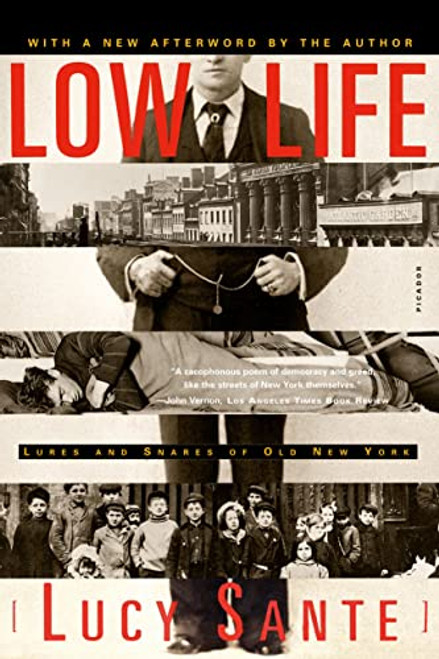How did a scrawny black kidthe son of a barber and a domestic who grew up in Harlem and Trentonbecome the 106th mayor of New York City? It's a remarkable journey. David Norman Dinkins was born in 1927, joined the Marine Corps in the waning days of World War II, went to Howard University on the G.I. Bill, graduated cum laude with a degree in mathematics in 1950, and married Joyce Burrows, whose father, Daniel Burrows, had been a state assemblyman well-versed in the workings of New York's political machine. It was his father-in-law who suggested the young mathematician might make an even better politician once he also got his law degree.
The political career of David Dinkins is set against the backdrop of the rising influence of a broader demographic in New York politics, including far greater segments of the city's gorgeous mosaic. After a brief stint as a New York assemblyman, Dinkins was nominated as a deputy mayor by Abe Beame in 1973, but ultimately declined because he had not filed his income tax returns on time. Down but not out, he pursued his dedication to public service, first by serving as city clerk. In 1986, Dinkins was elected Manhattan borough president, and in 1989, he defeated Ed Koch and Rudy Giuliani to become mayor of New York City, the largest American city to elect an African American mayor.
As the newly-elected mayor of a city in which crime had risen precipitously in the years prior to his taking office, Dinkins vowed to attack the problems and not the victims. Despite facing a budget deficit, he hired thousands of police officers, more than any other mayoral administration in the twentieth century, and launched the Safe Streets, Safe City program, which fundamentally changed how police fought crime. For the first time in decades, crime rates began to falla trend that continues to this day. Among his other major successes, Mayor Dinkins brokered a deal that kept the US Open Tennis Championships in New Yorkbringing hundreds of millions of dollars to the city annuallyand launched the revitalization of Times Square after decades of decay, all the while deflecting criticism and some outright racism with a seemingly unflappable demeanor. Criticized by some for his handling of the Crown Heights riots in 1991, Dinkins describes in these pages a very different version of events.
A Mayor's Life is a revealing look at a devoted public servant and a New Yorker in love with his city, who led that city during tumultuous times.
The political career of David Dinkins is set against the backdrop of the rising influence of a broader demographic in New York politics, including far greater segments of the city's gorgeous mosaic. After a brief stint as a New York assemblyman, Dinkins was nominated as a deputy mayor by Abe Beame in 1973, but ultimately declined because he had not filed his income tax returns on time. Down but not out, he pursued his dedication to public service, first by serving as city clerk. In 1986, Dinkins was elected Manhattan borough president, and in 1989, he defeated Ed Koch and Rudy Giuliani to become mayor of New York City, the largest American city to elect an African American mayor.
As the newly-elected mayor of a city in which crime had risen precipitously in the years prior to his taking office, Dinkins vowed to attack the problems and not the victims. Despite facing a budget deficit, he hired thousands of police officers, more than any other mayoral administration in the twentieth century, and launched the Safe Streets, Safe City program, which fundamentally changed how police fought crime. For the first time in decades, crime rates began to falla trend that continues to this day. Among his other major successes, Mayor Dinkins brokered a deal that kept the US Open Tennis Championships in New Yorkbringing hundreds of millions of dollars to the city annuallyand launched the revitalization of Times Square after decades of decay, all the while deflecting criticism and some outright racism with a seemingly unflappable demeanor. Criticized by some for his handling of the Crown Heights riots in 1991, Dinkins describes in these pages a very different version of events.
A Mayor's Life is a revealing look at a devoted public servant and a New Yorker in love with his city, who led that city during tumultuous times.












